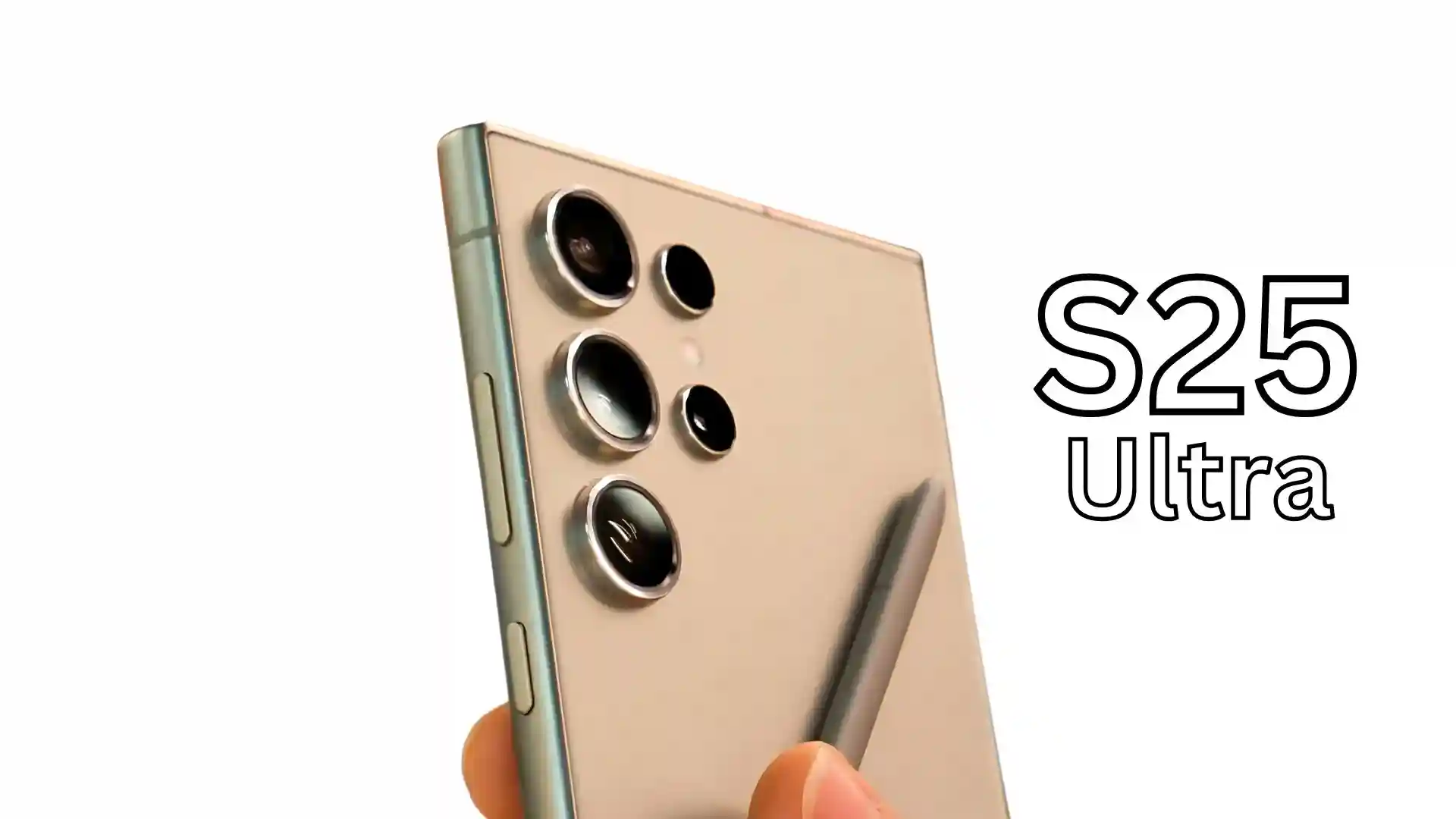Samsung Galaxy S25 Ultra has recently received certification confirming its satellite connectivity feature. This marks a significant advancement for Samsung as it joins the ranks of other flagship smartphones offering this capability. The certification was spotted in the China Quality Certification Center (3C) database, which also revealed details about its charging specifications.
Satellite connectivity allows users to communicate in areas where traditional cellular networks are unavailable. This feature has been popularized by Apple with its iPhone 14 series, and now Samsung is set to follow suit. The Galaxy S25 Ultra is described as a “Satellite Mobile Terminal,” indicating its ability to connect directly to satellites. This innovation could be particularly useful for those in remote locations or during emergencies when cellular service is lost.
In addition to satellite capabilities, the Galaxy S25 Ultra will support 45W fast charging. While this charging speed is consistent with previous models, the new specifications include a different voltage configuration of 15V at 3A. This change raises questions about potential improvements in charging efficiency, although details remain limited.
The Galaxy S25 Ultra is expected to be thinner and lighter than its predecessor. Reports suggest it will measure approximately 8.2 mm in thickness and weigh around 219 grams. This makes it one of the lightest and thinnest models in the Galaxy S series. Furthermore, it is anticipated to feature a Snapdragon 8 Gen 4 processor, enhancing its performance capabilities.
Camera improvements are also on the horizon for the Galaxy S25 Ultra. Leaks indicate that it will include a new 50 MP ultra-wide camera sensor, while the other camera specifications are likely to remain unchanged. This upgrade aims to enhance the device’s video recording and photography capabilities, keeping pace with user expectations.
The Galaxy S25 Ultra is expected to be officially unveiled in January 2025. As anticipation builds, more details about its features and specifications are likely to emerge. With satellite connectivity now confirmed, Samsung is positioning itself as a strong competitor in the premium smartphone market.



